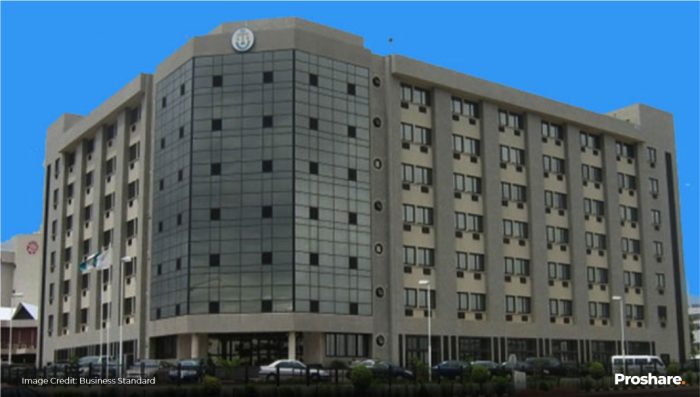
The Securities and Exchange Commission (SEC) has expressed strong confidence that Nigeria will soon be removed from the Financial Action Task Force (FATF) grey list, following the recent enactment of the Investments and Securities Act (ISA 2025) by President Bola Tinubu.
SEC Director-General, Dr. Emomotimi Agama, disclosed this in a statement on Wednesday, highlighting that the new law introduces robust regulations for digital assets—an area FATF has prioritized in assessing countries for anti-money laundering (AML) and counter-terrorism financing (CFT) compliance.
Nigeria was placed on the FATF grey list on February 24, 2023, due to identified shortcomings in its AML/CFT frameworks.
Dr. Agama emphasized that the provisions within ISA 2025, especially those targeting digital asset regulation, provide a strategic pathway for Nigeria to address FATF concerns and secure its removal from the list.
“The AML/CFT issue is what led to our inclusion on the grey list. With the passage of this law, we now have a concrete basis for exiting it,” Agama stated. “We are signaling to the global community that Nigeria is open for business and committed to safeguarding all entities operating within its financial ecosystem.”
He clarified that cryptocurrency trading does not inherently weaken the Naira, but stressed the need for proper oversight. The new law empowers SEC to clamp down on unregulated operators and ensures that all stakeholders in the digital asset space come under regulatory guidance.
“We encourage everyone involved in the crypto and digital asset industry to seek proper clearance and operate within the boundaries of the law,” Agama said. “Our goal is to foster innovation while protecting national economic interests.”
The SEC boss added that the commission is working in partnership with the Central Bank of Nigeria (CBN), the Economic and Financial Crimes Commission (EFCC), the Nigeria Financial Intelligence Unit (NFIU), and the Office of the National Security Adviser to ensure the digital finance space is secure and does not pose risks to Nigeria’s sovereignty.
Agama also noted that SEC is adopting a phased approach to regulation. Due to the volume of license applications from digital asset operators, the commission is currently implementing a “regulatory incubation” and “accelerated incubation” programme to assess risk and ensure compliance.
“We plan to release the next cohort of evaluated entities in the upcoming quarter,” he said, assuring that the commission will announce the outcome once the current evaluation phase concludes.
To strengthen investor confidence and address emerging risks, SEC is introducing a risk management framework that will serve as a legal tool to guide capital market operations and protect investors.
“This framework enhances Know Your Customer (KYC) protocols and ensures that only genuine investors participate in the market,” Agama added. “Ultimately, this will elevate investor protection and promote trust in Nigeria’s capital markets.”






